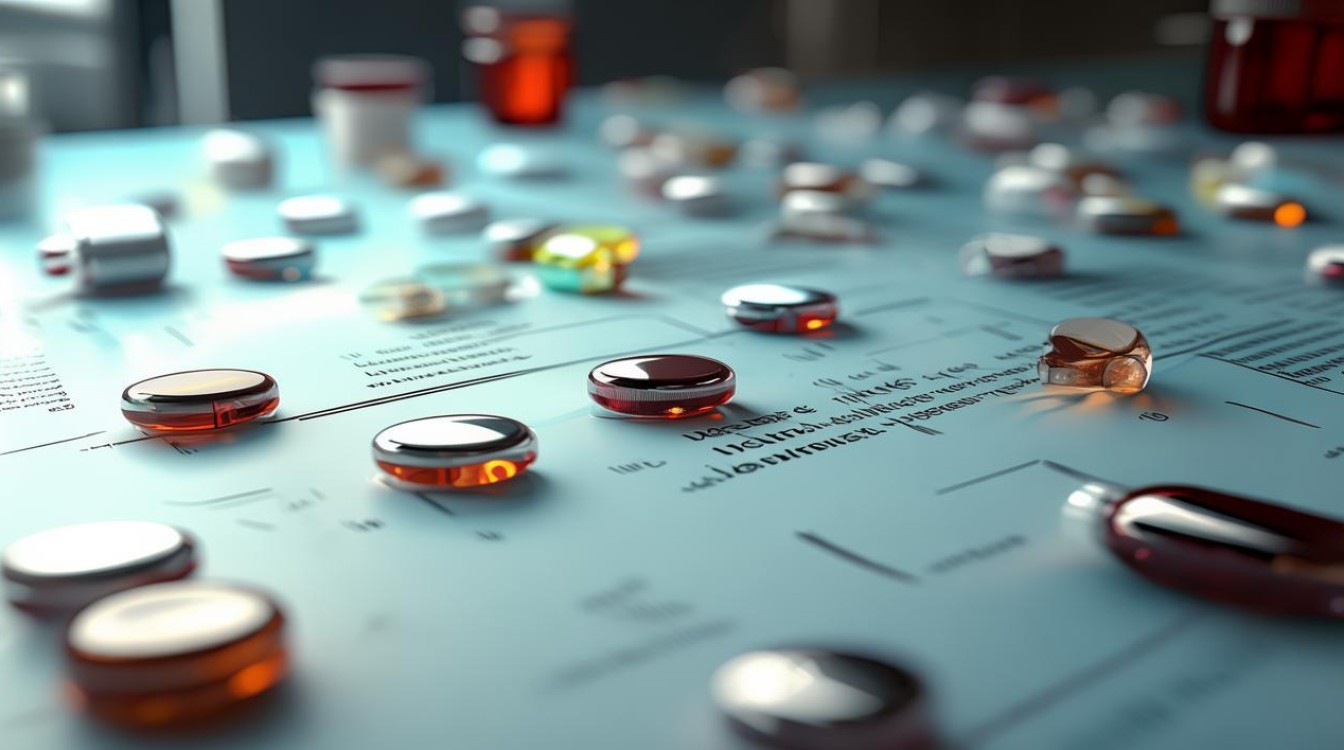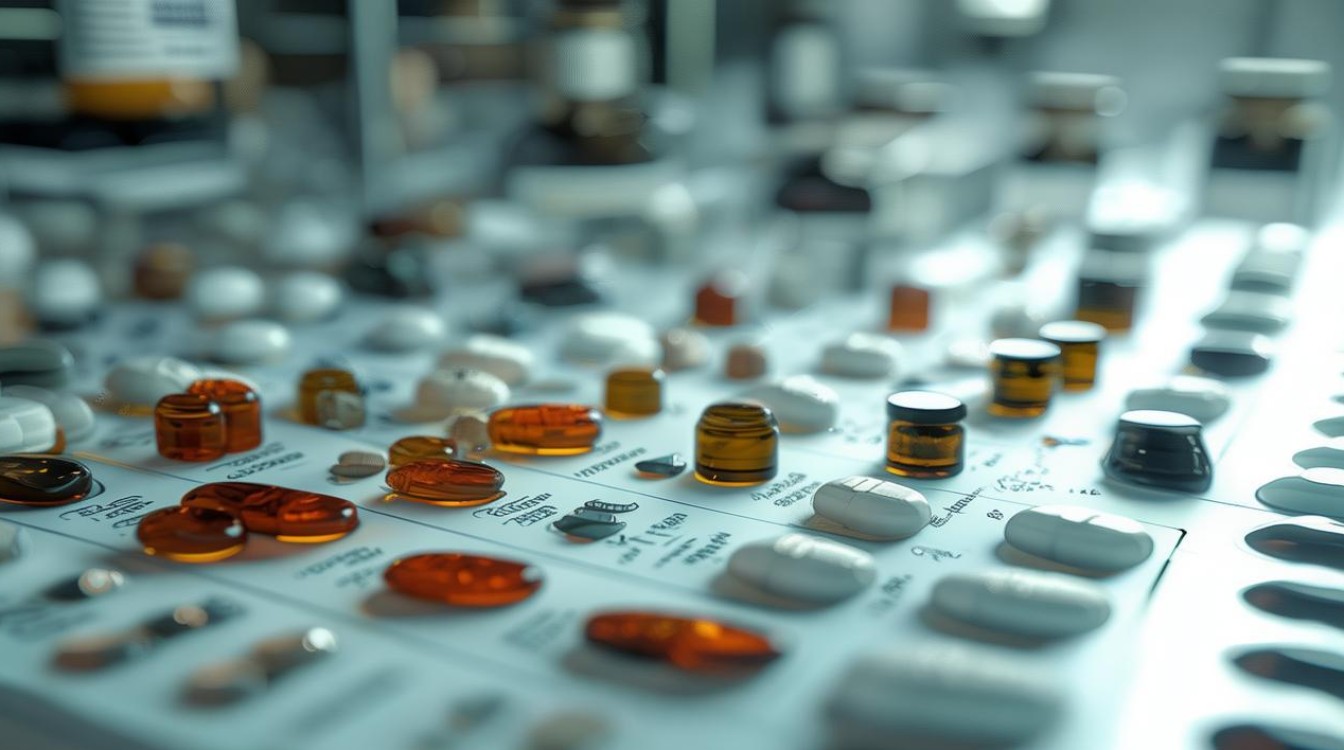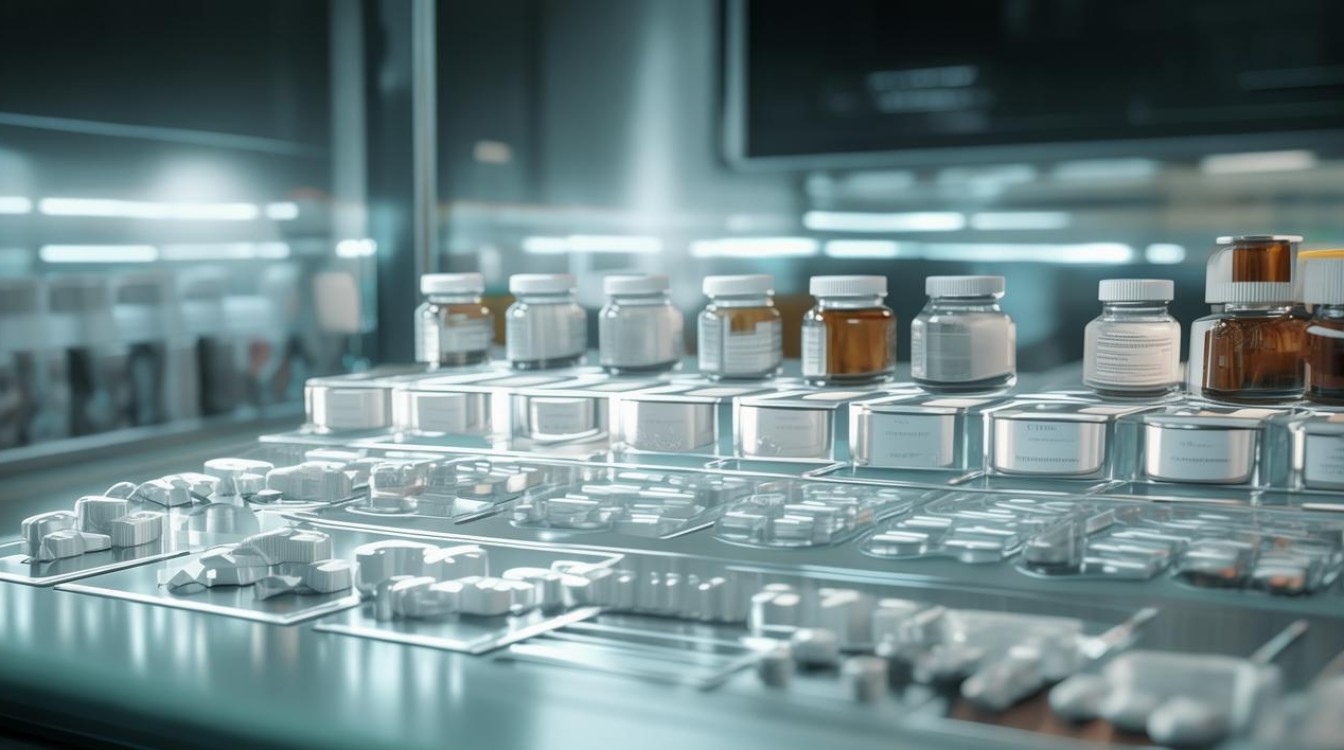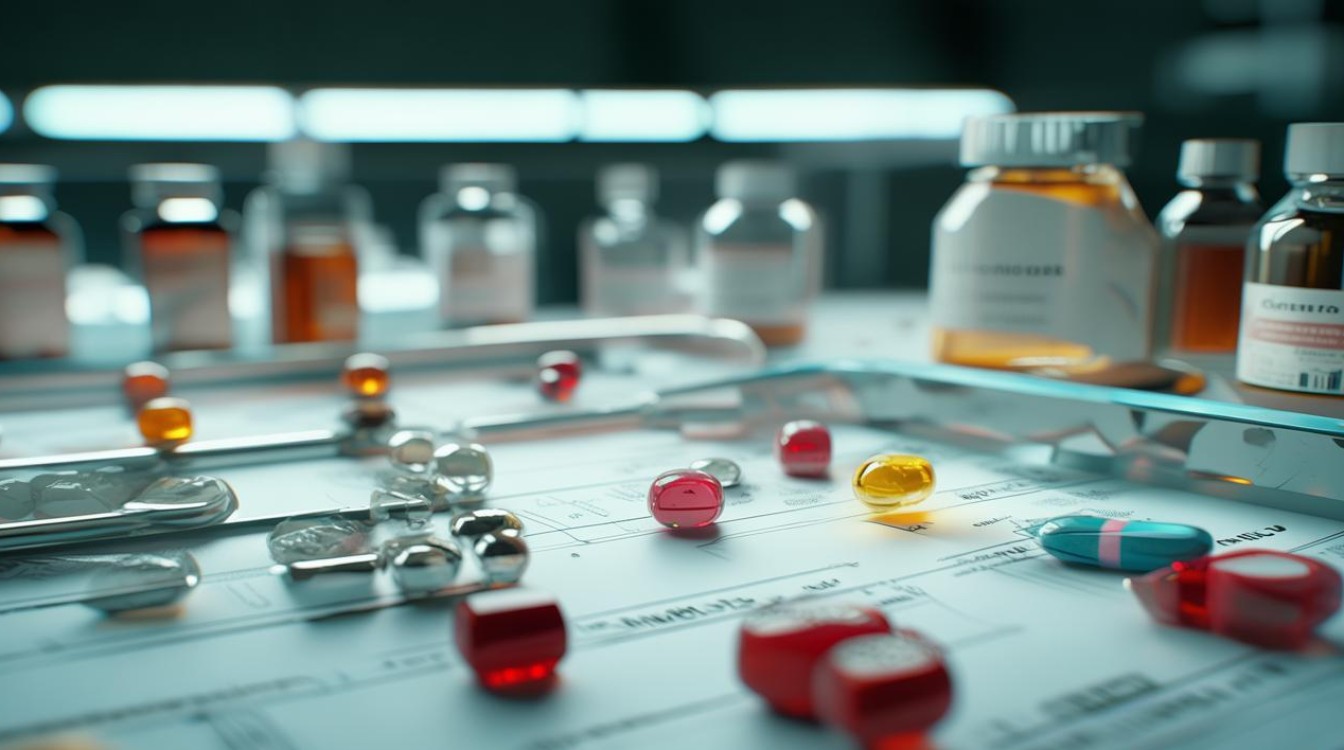Drug abuse remains a global issue, and understanding the terminology is crucial for awareness and prevention. This article provides a comprehensive list of English words related to different types of drugs, their classifications, and effects. Whether for educational purposes or personal knowledge, this guide will help clarify key terms.

Stimulants (兴奋剂)
Stimulants increase alertness and energy but can lead to severe health risks.
- Amphetamine (安非他明) – A synthetic stimulant affecting the central nervous system.
- Methamphetamine (甲基苯丙胺) – A stronger form of amphetamine, highly addictive.
- Cocaine (可卡因) – Derived from coca leaves, causes short-term euphoria.
- Crack (快克可卡因) – A potent, smokable form of cocaine.
- Nicotine (尼古丁) – Found in tobacco, causes addiction.
- Caffeine (咖啡因) – A mild stimulant in coffee and energy drinks.
Depressants (镇静剂)
Depressants slow brain activity, often prescribed for anxiety but misused recreationally.
- Alcohol (酒精) – Legal but addictive, impairs judgment.
- Benzodiazepines (苯二氮卓类药物) – Includes Valium and Xanax, treats anxiety.
- Barbiturates (巴比妥类药物) – Older sedatives, high overdose risk.
- GHB (γ-羟基丁酸) – A club drug causing sedation and memory loss.
Opioids (阿片类药物)
Opioids relieve pain but are highly addictive and dangerous in excess.
- Heroin (海洛因) – Illegal, derived from morphine, extremely addictive.
- Morphine (吗啡) – Medical painkiller, used in hospitals.
- Fentanyl (芬太尼) – Synthetic opioid, 50x stronger than heroin.
- Oxycodone (羟考酮) – Prescription painkiller, often abused.
- Codeine (可待因) – Found in cough syrup, can be addictive.
Hallucinogens (致幻剂)
These drugs alter perception, leading to hallucinations.

- LSD (麦角酸二乙酰胺) – A potent hallucinogen causing vivid trips.
- Psilocybin (赛洛西宾) – Active compound in "magic mushrooms."
- PCP (苯环己哌啶) – Causes dissociation and aggression.
- DMT (二甲基色胺) – A short-acting but intense hallucinogen.
- Ketamine (氯胺酮) – Medical anesthetic, also used recreationally.
Cannabis (大麻类)
Cannabis has psychoactive effects, legal in some regions but illegal in others.
- Marijuana (大麻) – Dried leaves, smoked or ingested.
- Hashish (哈希什) – Concentrated cannabis resin.
- THC (四氢大麻酚) – The main psychoactive component.
- CBD (大麻二酚) – Non-psychoactive, used medicinally.
Dissociatives (分离性药物)
These drugs create a sense of detachment from reality.
- DXM (右美沙芬) – Found in cough medicine, high doses cause hallucinations.
- Salvia (鼠尾草) – A plant causing short but intense trips.
Inhalants (吸入剂)
Common household products inhaled for a quick high, extremely dangerous.
- Nitrous Oxide (一氧化二氮) – "Laughing gas," used in dentistry.
- Glue (胶水) – Contains solvents causing intoxication.
- Aerosols (气溶胶) – Spray cans with chemicals affecting the brain.
Prescription Drug Abuse (处方药滥用)
Even legal medications can be harmful when misused.

- Adderall (阿得拉) – Stimulant for ADHD, abused for focus.
- Ritalin (利他林) – Similar to Adderall, increases dopamine.
- Xanax (赞安诺) – Anti-anxiety drug, causes dependence.
Synthetic Drugs (合成药物)
Lab-made substances designed to mimic illegal drugs.
- Spice/K2 (合成大麻) – Artificial cannabis, unpredictable effects.
- Bath Salts (浴盐) – Stimulant-like, linked to violent behavior.
- Flakka (氟利昂) – Causes extreme paranoia and aggression.
Emerging Drug Trends
New substances constantly appear, making awareness essential.
- Tranq (甲苯噻嗪) – A veterinary sedative mixed with opioids.
- Designer Drugs (策划药) – Chemically altered to evade laws.
Recognizing Drug-Related Terms
Understanding slang helps identify potential abuse:
- "Dope" (毒品) – Often refers to heroin or marijuana.
- "Speed" (快速药) – Slang for amphetamines.
- "Downers" (镇静剂) – Depressants like benzodiazepines.
- "Uppers" (兴奋剂) – Stimulants like cocaine.
Health Risks and Legal Consequences
Drug abuse leads to addiction, mental health issues, and legal penalties. Many countries impose strict laws on possession and distribution. Education and prevention remain the best defenses against substance abuse.

Staying informed helps individuals make safer choices and recognize warning signs in others. Knowledge is power—understanding these terms can prevent misuse and promote healthier lifestyles.

